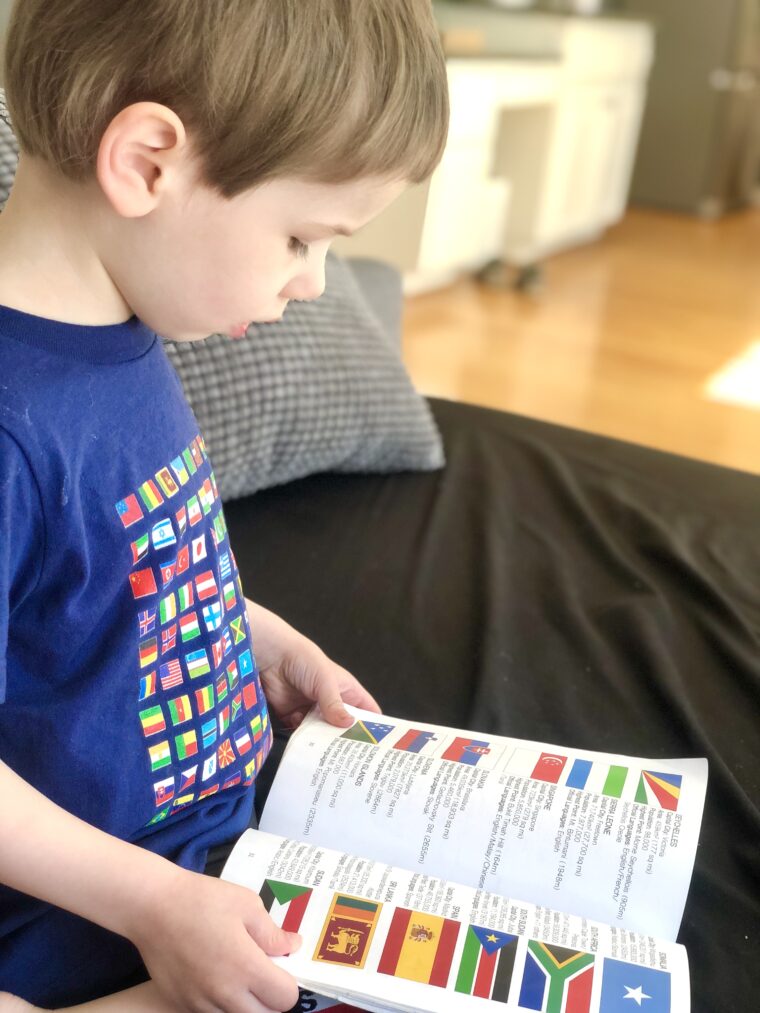Raising a Gifted Child: Three Important Things I’ve Learned

From early signs to temper tantrums, there is so much that unsuspecting parents have to handle when it comes to raising a gifted child. And, oh yeah, the tantrums are real. As a first-time mama, I always was sharply aware of my hyper-vigilance. The typical sort of worry and anxiety that we all go through when we carry and birth a human being to care for, for the very first time. I also know that everybody wants their kids to be smart. I have always had mama goggles for my babies. So it was really important for me to be sure when I saw signs of giftedness in Lawson.
If you suspect your child is gifted, I can’t over recommend getting them tested. It eliminates doubt and allows you to move forward with what your child needs both academically and emotionally. Once you know for sure your child is in fact gifted, you have a whole new responsibility to foster that potential. Only you can give them what they need to thrive. Raising a gifted child is also going to require a lot of patience, resourcefulness, and compassion.
Providing Mental Stimulation
Let’s start with resourcefulness, because depending on where you are, you may be totally on your own. Mensa is a good resource that I find necessary both for socialization and for mental stimulation. It’s good to get to know others who are in the same boat as you. Gifted children can meet with other gifted children and the parents can bond over the shared experience. School systems are rarely reliable for this. However, there are sadly very few options outside of private social clubs that offer enrichment. In a classroom setting, it’s rare to have the opportunity to advance your child to their cognitive level.
Schools are more interested in conformity for children which is a big reason why they neglect truly advanced students. That means you will likely have to look elsewhere to find support, not only supplemental learning, but even alternatives to a traditional brick-and-mortar school.
Intelligence Does Not Mean Common Sense
It can be so frustrating when you know your kid is smart, but he keeps doing dumb stuff that toddlers are naturally prone to. I mean, things like running around the room with his eyes closed, or falling out of his chair, like, all the time. It isn’t like he hasn’t experienced hitting his head before. Why doesn’t he stop? Eric likes to say that it’s fun to call Lawson a genius and mean it both literally and sarcastically at the same time. I, on the other hand, don’t see the humor.
I have to remind myself that he is still just a little kid who doesn’t have much sense yet. It’s only that his precociousness gets him into even more trouble and I have to watch him like a hawk every second. It’s not unusual for kids to try and get away with stuff. When raising a gifted child though, you will likely find that they are often very good at it.
Emotional IQ
I don’t believe there is any reliable correlation between IQ and emotional intelligence, but gifted children often do struggle emotionally and I have seen that this can be true with Lawson. He has highs and lows and when things hit him hard, sometimes at the drop of a hat, it can be very difficult to calm him down and get him to feel okay again. So often he gets worked up over something that seems trivial and silly, which makes the tantrums frustrating to have to deal with. We have found that taking a more compassionate approach and giving him time to sort out his feelings has helped. It doesn’t always stop him from going straight into another tantrum if he doesn’t get his way but listening doesn’t always mean giving in.
It helps that he has a lot of siblings but I wouldn’t make that a recommendation for everybody raising a gifted child. We have him interacting with others regularly, though. A lot of parents don’t realize that socialization isn’t for the schoolyard alone. Homeschooled kids get socialized in other ways through clubs, sports, and extracurricular courses.
In the end parenting a gifted child is not a straight-line but a custom plan a parent has to make. We have gifted and non-gifted children in our family and the differences in needs is very apparent.
